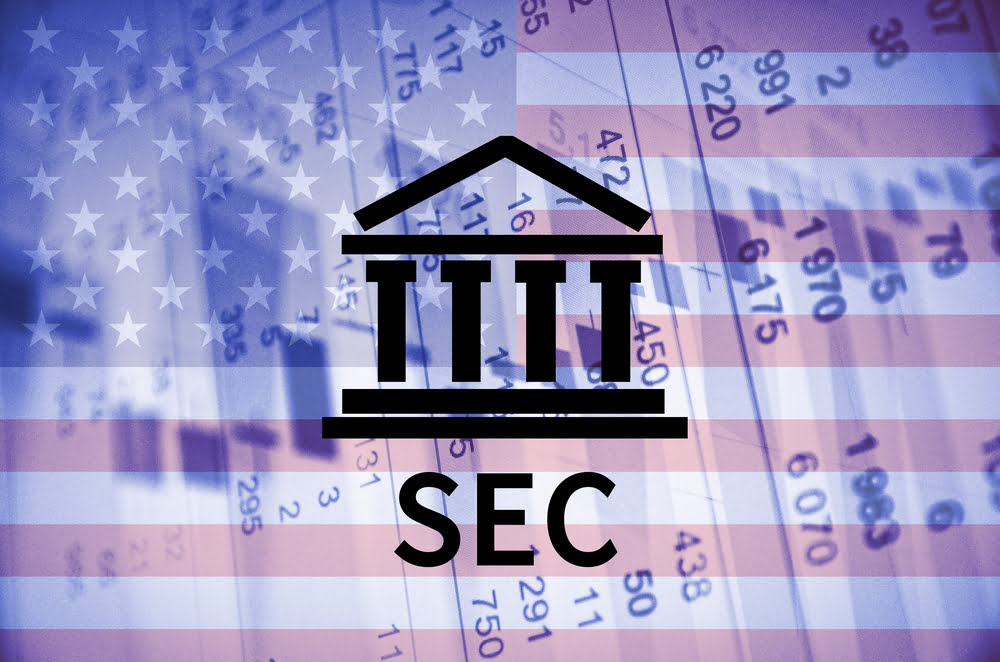The initial coin offering industry is still under a lot of scrutiny by the SEC as of right now. That is only normal, as a fair few projects have violated securities laws or defrauded investors. The Titanium ICO is a perfect example of such a nefarious project, although some people feel the SEC should have shut it down a lot sooner than it did.
The Titanium ICO Raised Many Questions
When people found out about the Titanium ICO, there was a fair bit of excitement surrounding this project. Known as Titanium Blockchain, the company tried to offer a unique project in exchange for people’s contributions. Although hosting an initial coin offering is the cool thing to do these days, not all of those projects are created equal.
Indeed, there have been a lot of rumors regarding the Titanium ICO defrauding investors. It is not the first time an initial coin offering has faced such allegations. In the case of this particular project, there may be some truth to the allegations, though.
To put this story into perspective, Titanium Blockchain was touted as a new platform designed to decentralize the internet. More specifically, it would decentralize the likes of AWS, Microsoft Azure, and so forth. This is certainly an achievable goal when it comes to blockchain technology, although decentralizing file storage and servers is not something that can be done overnight.
While just over $21 million was raised during the Titanium ICO, it quickly became evident things were not adding up. The parent company claimed a massive amount of its BAR tokens had been stolen from the company’s wallets. This resulted in a 95% drop in the token value, which seemed to hint that the company had simply cashed out and disappeared.
Whether or not that was actually the case remains unknown at this time. The SEC did obtain an emergency asset freeze against Titanium and charged founder Michael Stollaire with securities fraud. Moreover, the SEC isn’t amused by claims made by the Titanium team regarding partnerships with PayPal, Boeing, and The Walt Disney Company. None of those partnerships exist, indicating that the company intended to defraud investors.
Although the SEC eventually cracked down on this ICO, some people feel action should have been undertaken a lot sooner. Despite the SEC’s warnings against blindly investing in initial coin offerings, many individuals continue to do so. It will be interesting to see how this ongoing investigation pans out and whether or not investors will be reimbursed in the end.

